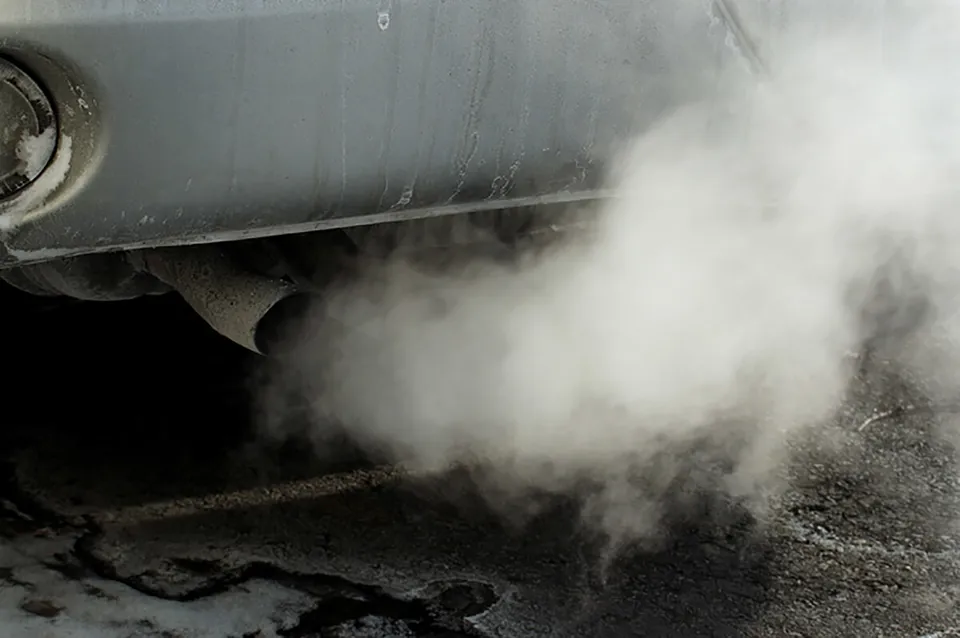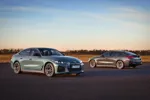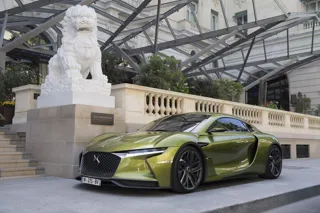The head of Total has outlined the company’s strategy to become an energy supplier rather than an oil company, while forecasting the the internal combustion engine has a long term future in automotive transport.
Patrick Pouyanné, chief executive officer of Total, said the group was investing heavily in clean energy sources and would install electric recharging points throughout its filling station network.
However, he added that electric power trains will only drive 20% to 30% of the world’s light vehicle fleet by 2040, and only half of new cars sold in 2040 will be driven by batteries.
“Ninety-five per cent of transport today is fuelled by oil,” said Pouyanné. “There is a clear future for electric vehicles, especially in cities in China and Europe because of air pollution, but there are still obstacles to a large adoption.”
These obstacles stand throughout the supply chain, from the capacity of national grids to support widescale extra demand for electricity to the lack of a recharging infrastructure, and even a potential shortage of vital raw materials.
While many commentators expect to see the unit price of lithium-ion batteries for electric vehicles tumble in coming years as manufacturing volumes rise, Pouyanné warned of inflationary costs due to a shortage of core elements, such as nickel, lithium and cobalt. Cobalt supply is particularly vulnerable, with almost 60% of global production coming from the unstable Democratic Republic of Congo.
It’s a point underlined by the independent International Energy Agency, which said cobalt demand for EVs is expected to be between 10 and 25 times higher than current levels by 2030, and China controls 90% of cobalt refining capacity.
In terms of recharging infrastructure, Total is installing 1,000 high-power charge points at 300 sites, spread out every 150 km on Europe’s main motorways and trunk roads, aiming for drivers of electric cars to be able to recharge their vehicles in 10 to 20 minutes with enough power to reach their destination. But the company still expects 80% of electric car charging to take place at home or the workplace.
Pouyanne himself drives an electric car, and said, “These vehicles are very well designed for short distances. But when distance becomes longer, there is a future for efficient, gasoline powered vehicles.”
He added that it is easier for engineers to lower the fuel consumption of petrol engines than diesel, and said the substitute for diesel will be compressed natural gas and liquefied natural gas, especially for heavy commercial vehicles.
Total acquired a 25% stake in Clean Energy Fuels Corp in May, a major provider of natural gas and renewable natural gas for transport in North America.
“Customers and regulators around the world are demanding cleaner transportation alternatives, particularly in the heavy-duty market,” said Pouyanné.
The abundance of natural gas in the US makes it a logical fuel to back, and globally Total forecasts that natural gas-powered trucks and electric trucks for last-mile deliveries should account for more than 10% of the world’s fleet.
Ensuring it covers all bases, in April Total acquired Direct Energie, a gas and electricity utility and generator in France and Belgium, to boost its strategy of becoming an energy supplier rather than an oil company.
Pouyanne highlighted the company’s vision to, “develop low-carbon energies, in line with our ambition to become the responsible energy major”.
For the fleet sector, and the wider automotive industry, this strategy will see Total engage fully with the ‘mobility revolution’, supplying whatever fuel or power vehicles require.
Moreover, customers will be able to pay via the new Total eWallet, a smartphone enabled ‘fuel card’, due to be rolled out across Europe, following its launch in Belgium and Germany. The app will allow drivers to select the right fuel, fill up and pay automatically, and will ultimately cover recharging for electric vehicles.
“We are a player in the field of mobility as we sell fuel and products,” said Pouyanne. “Tomorrow’s energy sources will be different from today’s. It’s a challenge that Total wants to step up to. As mobility shifts from oil products to electricity and gas, we want to be involved.”




















Login to comment
Comments
No comments have been made yet.